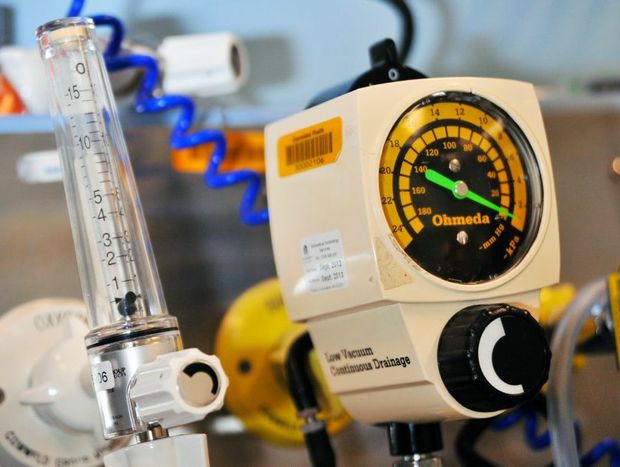
VIDEO-conferencing may change the way rural and regional residents with deadly illnesses receive life-saving treatments.
A five-year project that allows city-based doctors to provide cancer care to bush patients is set to improve the outlook for those battling cancer and other major health problems.
Cancer survival rates for patients from rural areas are quite low compared to people living in big cities.
Health problems are often made worse because the quality of screening and treatment options in smaller health catchments is not always as good as those in cities.
Rural and regional patients may also not receive treatments as fast as their urban counterparts.
Results of the study involving the Townsville Cancer Centre, Townsville Hospital and James Cook University will be released on Monday. The project compares the chemotherapy regimens delivered to TCC and Mt Isa Hospital cancer patients by city-based doctors between 2007 and 2012.
The medicos used video conferencing and other tele-health services to prescribe potentially life-saving treatments that were the same quality of those delivered in major cities.
TCC Director of Medical Oncology Associate Professor Sabe Sabesan said a total of 117 patients received 799 cycles of chemotherapy at the Townsville clinic while 89 patients received 626 cycles of treatment in Mount Isa.
During the project, the urban medical oncologists assessed rural patients and made decisions about their treatment using video conferencing tools such as Skype.
The remote medical treatments were supported by local doctors and nurses.
Associate Professor Sabesan said the study proved high-quality cancer care could be safely provided at rural centres instead of patients having to travel to major cities.
“Our study is the first to show that many types of chemotherapy can be administered in rural centres, without compromising safety and quality, by tele-oncology models of care,” Associate Professor Sabesan writes in today’s Medical Journal of Australia.
“By expanding the scope of practice and capabilities of rural health care systems through the use of tele-health models, rural patients may gain access to chemotherapy and other complex medical therapies similar to that of urban patients.”
